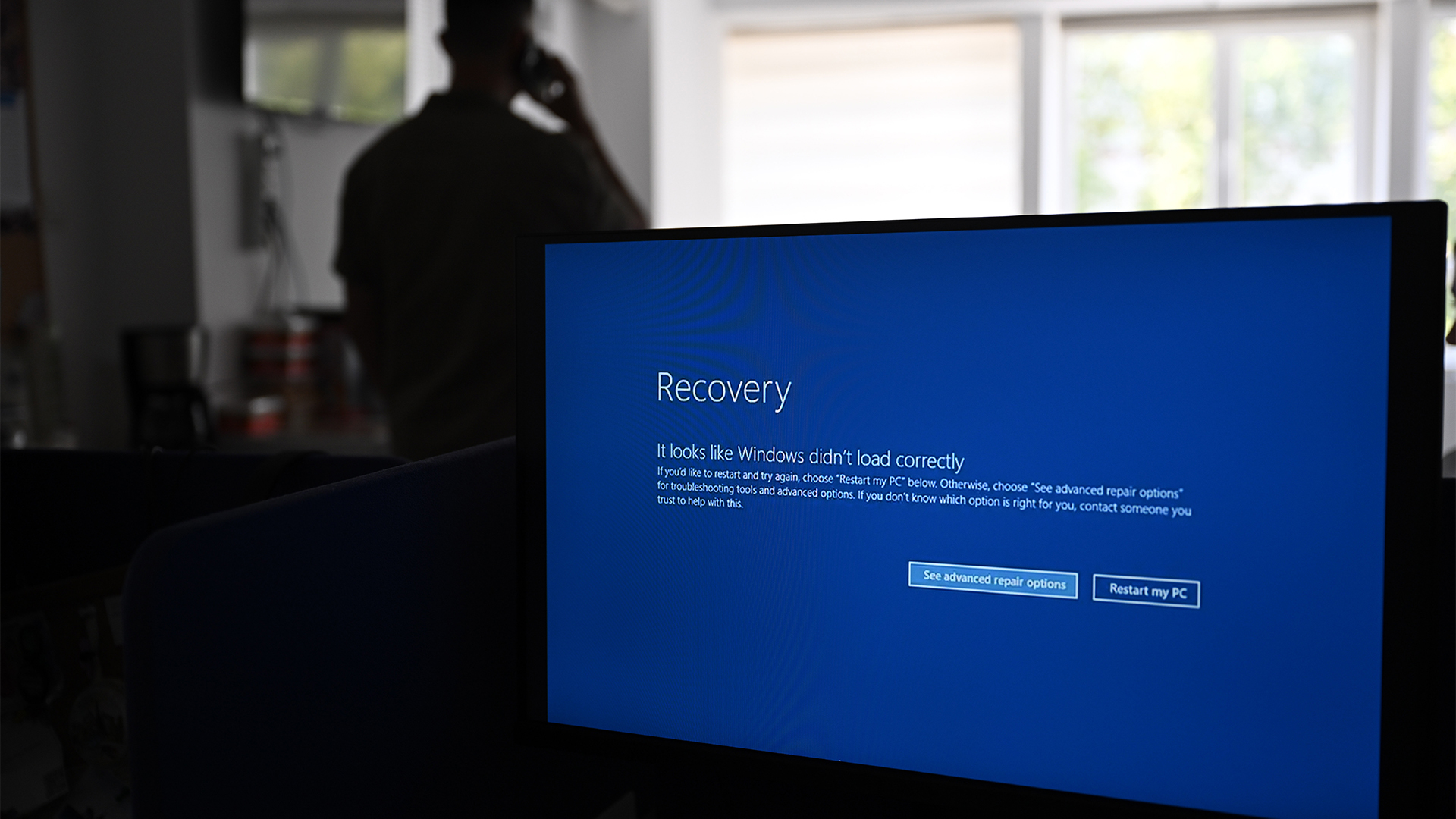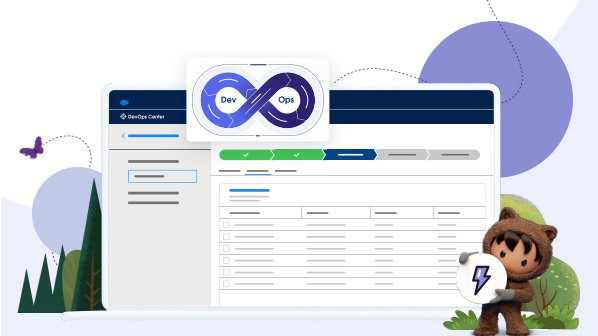Getting buy-in on agile
How to successfully implement agile development

Focus on business goals
Once you've picked your project, it's important to focus on the right outcomes, and to ensure your team is set up to reflect those values.
Tirrell Payton, of SolutionsIQ, tells IT Pro that agile leaders should focus on the following questions: "How clearly is the product strategy [aligned with] the people that are implementing it? How strong and explicit is the connection between the strategy and the daily work? Crucial for this connection are the product owner and product manager roles, and the way these roles specify and prioritise work for the development team."
It's also essential to talk about the project with business stakeholders, to keep the development aligned to those outcomes.
Achieve business values
One common mistake on early agile projects is an all-consuming focus on speed, rather than quality, according to Gartner's Wilson. This won't produce the right results for businesses to gain trust in what you're doing, however.
"A danger of the speed is sometimes where clients fall into the quick and dirty trap - but it's better to be quick and small," he says. "You don't want something of very low quality - whereas if it works well and is very small, then you create the business opportunity to scale."
Get the ITPro daily newsletter
Sign up today and you will receive a free copy of our Future Focus 2025 report - the leading guidance on AI, cybersecurity and other IT challenges as per 700+ senior executives
This is especially true if you've picked an agile project centered around innovation and exploring a new business opportunity.
In that case, "by definition there's no current revenue based on what you're doing", Wilson says. "You can produce a very small solution that doesn't do much very quickly, but if it's the first thing in an area then it's worth doing."
This is also the stage of an agile project where experience counts, according to Payton.
"An agile framework on its own, though, is not sufficient; teams need good execution practices as well," he says, explaining that execution refers to the technical process of building, testing and deploying software products.
Executing a project well within an agile framework leads to project management discipline, greater value delivery, and better predictability - all great and measurable benefits that will impress the business.
How do you know if you've achieved agile buy-in?
After doing all this work, how can you tell if you've made any progress on moving your business towards an agile model of operations?
"This will be different for every organisation," says Cureton."There will be key business objectives associated with the adoption of agile and if they have been met then you can argue success, at least for that project."
If you've managed to do that, this goes towards building more trust between the business and IT, and the two will be much more closely aligned on business goals.
He adds: "One key element of agile is continuous improvement. A culture where people are constantly challenging the status quo and looking to raise the bar demonstrates that agile principles have become part of the fabric of the organisation."
From Wilson's point of view, it depends on whether your organisation's mindset has changed. "What I ask CIOs is what happens if someone says, three weeks in, this project is in big trouble? If your response is 'go back and try harder', then agile won't work in your organisation.
"If your response is 'how do we change the plan or stop doing this?' then you will succeed."
But in one sense, agile is not a process that can ever be fully completed, Wilson adds. "At some level if you are ever done, you are in trouble," he warns. "When you realise that you are never done, you are probably there."
-
 Cleo attack victim list grows as Hertz confirms customer data stolen
Cleo attack victim list grows as Hertz confirms customer data stolenNews Hertz has confirmed it suffered a data breach as a result of the Cleo zero-day vulnerability in late 2024, with the car rental giant warning that customer data was stolen.
By Ross Kelly
-
 Lateral moves in tech: Why leaders should support employee mobility
Lateral moves in tech: Why leaders should support employee mobilityIn-depth Encouraging staff to switch roles can have long-term benefits for skills in the tech sector
By Keri Allan
-
 Java developers are facing serious productivity issues: Staff turnover, lengthy redeploy times, and a lack of resources are hampering efficiency – but firms are banking on AI tools to plug the gaps
Java developers are facing serious productivity issues: Staff turnover, lengthy redeploy times, and a lack of resources are hampering efficiency – but firms are banking on AI tools to plug the gapsNews Java developers are encountering significant productivity barriers, according to new research, prompting businesses to take drastic measures to boost efficiency.
By Solomon Klappholz
-
 Why the CrowdStrike outage was a wakeup call for developer teams
Why the CrowdStrike outage was a wakeup call for developer teamsNews The CrowdStrike outage in 2024 has prompted wholesale changes to software testing and development lifecycle practices, according to new research.
By Solomon Klappholz
-
 Why are so many AI projects destined for failure? Inexperienced staff, poor planning, and a shoehorned approach to agile development are all stifling innovation
Why are so many AI projects destined for failure? Inexperienced staff, poor planning, and a shoehorned approach to agile development are all stifling innovationWhile agile development practices work well in many circumstances, devs are encountering serious problems applying the methodology in AI projects
By Nicole Kobie
-
 ‘It’s time to question agile’s cult following’: Doubts cast on method’s future, with 65% of projects more likely to fail
‘It’s time to question agile’s cult following’: Doubts cast on method’s future, with 65% of projects more likely to failNews Agile development methods just aren’t delivering, and it's time devs acknowledged its failings
By Emma Woollacott
-
 Agile development has a security problem - and developer ‘champions’ could be the key to ensuring safer software
Agile development has a security problem - and developer ‘champions’ could be the key to ensuring safer softwareAnalysis Security considerations can be an afterthought in agile development, but there are ways to address the issue and prevent disastrous consequences
By Ross Kelly
-
 Agile development is fading in popularity at large enterprises - and developer burnout is a key factor
Agile development is fading in popularity at large enterprises - and developer burnout is a key factorNews Firms employing agile development practices are ‘having difficulty adapting’ in a new world of developer burnout, AI and more, a new report claims
By Steve Ranger
-
 A DevOps guide to the Salesforce platform
A DevOps guide to the Salesforce platformWhitepaper Learn how to ship code faster, safer, and with agility.
By ITPro
-
 What is platform engineering and will it see the end of DevSecOps?
What is platform engineering and will it see the end of DevSecOps?In-depth Platform engineering is not just the latest industry buzzword but could represent a profound change in how software is developed and governed
By Ross Kelly